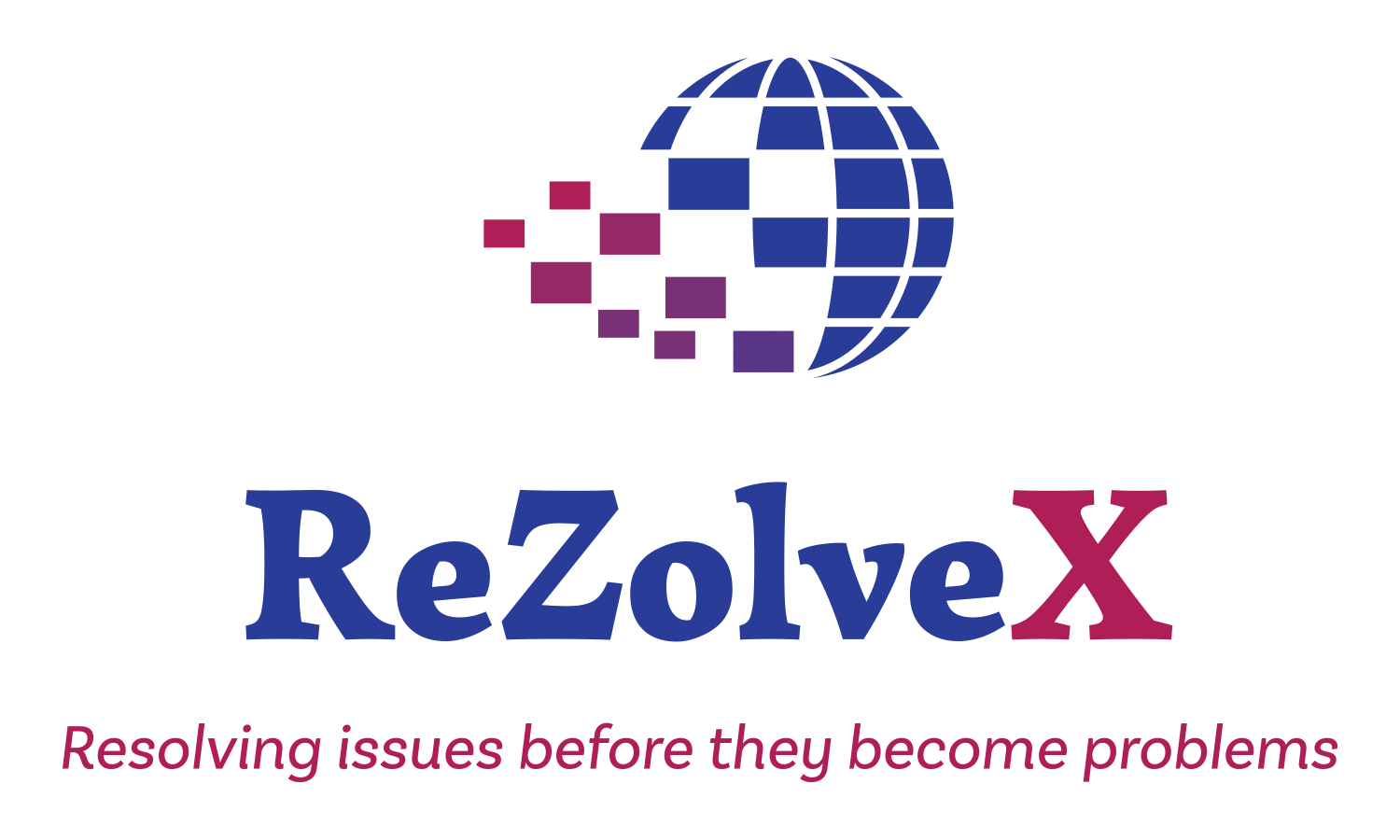Anonymous reporting mechanism is a tool that allows individuals to reporting incidents or information without revealing their identity, Position, workplace. This can include online forms, hotlines or helpline, or other methods that allow for secure and confidential, easy communication .The purpose of an anonymous Reporting system is to encourage individuals to report incidents or information that they may otherwise not reporting due to fear of retaliation or other interest. Most of time in the workplace, schools and other organizations to allow employees or workers, students, or other members to report harassment, mistreated person or other issues without fear of consequence.
Benefits of Anonymous Reporting System

Several benefits of anonymous reporting mechanism for companies that encourage their employees to report ethical issues anonymously.
- Improving company culture: By creating a culture of transparency and trust, employees will feel more comfortable coming forward with any concerns they may have. This can help to prevent issues from escalating and ultimately lead to a more positive and productive work environment.
- Protecting whistleblowers: Allowing employees to report unidentified issues can help to protect them from retaliation. This is especially important if the issue being reported involves senior leadership or other influential individuals within the organization.
- Identifying and addressing problems: Anonymously reporting ethical issues can help to identify problems that may not have been surfaced otherwise. This can enable the company to address and resolve issues before they become more significant.
- Enhancing reputation: A company that takes a proactive approach to addressing ethical issues can improve its reputation and build trust with customers, shareholders, and other stakeholders.
- Avoiding legal consequences: Failing to address ethical issues can have serious legal consequences for a company. By encouraging anonymous reporting and promptly addressing any issues that are raised, a company can mitigate the risk of legal action.
Case studies of Anonymously Reporting
- Nike: In the 1990s, Nike faced criticism for its use of sweatshops in developing countries. In response, the company implemented an unnamed hotline for workers to report any ethical issues they encountered. This helped to identify and address problems, and ultimately improve working conditions in Nike’s factories.
- Goldman Sachs: In 2010, the financial services firm implemented an anonymous hotline for employees to report any unethical behavior they witnessed. This move was seen as an effort to improve the company’s reputation following the financial crisis of 2008.
- Johnson & Johnson: In the early 2000s, the healthcare company faced several lawsuits related to the marketing of its prescription drugs. In response, the company implemented an unidentified hotline for employees to report any ethical concerns they had. This helped to identify and address issues, and ultimately improve the company’s compliance practices.
Conclusion
In summary, allowing employees to report ethical issues anonymously can help to improve company culture, protect whistleblowers, identify and address problems, enhance reputation, and avoid legal consequences. Implementing an anonymous hotline or other anonymous reporting mechanism can be a valuable tool for employers looking to create a more transparent and ethical workplace. As an employee hotline company, ReZolveX can help companies establish and maintain effective whistleblower programs, thereby providing these benefits to their clients.
please visit Anonymous reporting in workplace

